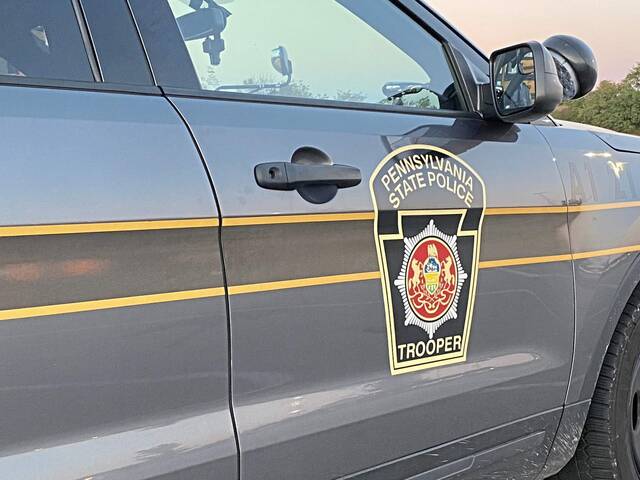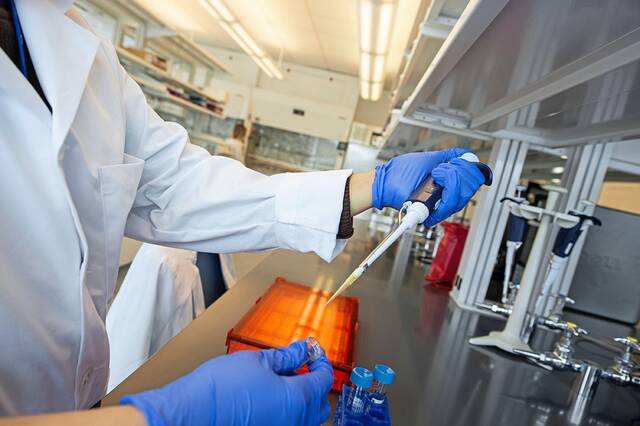Restrictions on using facial recognition software and predictive police techniques proposed by Pittsburgh City Councilman Corey O’Connor don’t go far enough, a handful of computer science researchers told council Wednesday.
Instead, council should consider a full-fledged ban on using such software and techniques, said David Widder, a doctoral student in the Carnegie Mellon University computer science program. Widder has researched the ethics behind using artificial intelligence and computer algorithms for policing and other practices.
The bill O’Connor is sponsoring would require public safety officials to seek council’s approval before it used facial recognition software or predictive policing programs.
“Predictive policing uses biased and deeply flawed data, such as historical arrests or things that correlate with neighborhood poverty, in order to make predictions about where crime will occur next,” Widder told council. “Because the data going into these models is biased, the predictions of where crime will occur next will also be biased, generating ‘feedback loops’ that will further the criminalization of Pittsburgh’s Black communities.”
A native of Oregon, Widder, 25, lives on the border of the city’s North Oakland and Bloomfield neighborhoods. He said he enjoys living in Pittsburgh and could see living here long-term, which motivated him to speak at the council meeting on the legislation.
The city doesn’t use facial recognition software and it ended use of a predictive police algorithm developed by CMU earlier this year, public safety officials said last week. Allegheny County District Attorney Stephen A. Zappala Jr.’s office also doesn’t use facial recognition software, spokesman Mike Manko said.
The DA’s office does maintain a network of cameras throughout the county. Last year 21 civil rights organizations, including the American Civil Liberties Union, asked Zappala to be more transparent about the way the cameras are used.
“In conjunction with surveillance cameras, facial recognition technology could be used for general, suspicionless surveillance in violation of citizens’ privacy rights,” said a letter to Zappala, organized by the ACLU and signed by around 20 civil rights and social justice organizations.
O’Connor is working with public safety and the city’s law department to revise the language of the legislation. He asked to delay a vote on the bill until next week.
Before council approved the delay, members heard from Widder and four others who study computer science at CMU or the University of Pittsburgh. All said an outright ban was in order.
Facial recognition and predictive policing software is “fundamentally flawed,” said Alexandra Allen, a CMU student living in Squirrel Hill.
The way the technology works means it will always be biased against Black people, who generally live in areas with higher crime statistics, Allen said.
Facial recognition software also has to be “trained” by using publicly available photos of people that are mined from social media and other places on the web, which also represents an invasion of privacy, Widder said.
O’Connor welcomed the input.
“Our bill is a very good start to this process,” he said. “We thing’s it’s just a really good start to the conversation.”








